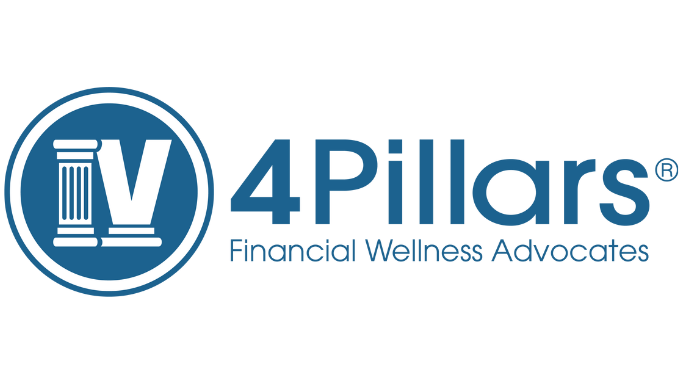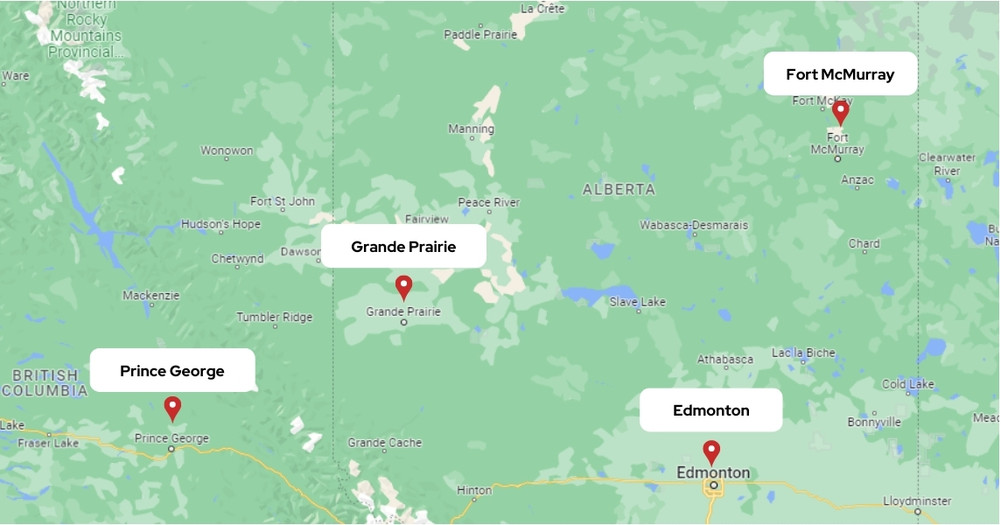As a consumer you have certain responsibilities and expectations towards financial institutions and the Canadian Government.
Know your Options
Before deciding on a bank account, you are expected to research and make a decision that will fit your financial budget. Using tools provided by the Financial Consumer Agency of Canada’s (FCAC) such as the Banking Package Selector Tool and Saving Accounts Tool, you can compare account fees, interest rates and other features and options of various bank accounts. Both these tools are available on the FCAC’s website.
Opening an Account
You are expected to have all the proper documents to provide proof of identification to financial institution. Acceptable identification documents include your passport, birth certificate or driver’s license.
You are responsible for understanding all components of your bank account such as the charges, interest, fees and any other information. You are responsible for deciding with your bank if you prefer receiving information from them through paper documents or electronically.
Cheque Book
You are responsible to cash in the cheque to the financial institution before it expires, if applicable. Always be careful not to lose your cheque. If it has been lost or stolen, you are expected to inform your bank immediately.
You are responsible for filling the cheque details correctly so it does not bounce. Make sure:
- You write the correct date
- The signature is clear and legible
- The written numerical figure and the numerical text are the same
- There are no cancellations or overwriting on your cheque
Banks Statements
Every month, you will receive the bank statement of your account. You are expected to go through it thoroughly. If there is any transaction that you don’t remember or you have not taken part in, you must inform the bank immediately as you may be a victim of fraud. When disposing of your bank statements or recycling them, tear them into multiple pieces or shred them first so that nobody can misuse your bank account data after it is out of your hands.
Online Banking
You are responsible for practicing safe online banking such as:
- Keeping complex passwords
- Using a virtual keyboard for entering passwords, if your bank’s internet banking facility has this option
- Not storing your username, password or Personal Identification Number (PIN) in a hard or soft copy where it can be accessed by others
- Not sharing your username, password or PIN with others
- Using the financial institution’s official mobile application, if you are accessing your account through a mobile device
- Not responding to any communication asking for your banking details such as password and PIN
Fees and Charges
You are expected to be aware of the fees and charges applicable to your bank account and the transactions that you make. If the financial institution plans on changing any fee or adding a new charge to your account, you are expected to read the mail or email. You should diagnose if the changes affect your budget in any way.
Identity Fraud
In case you are a victim of identity theft or fraud, you are expected to immediately inform your financial institution so that your bank account can be frozen. You must then file a complaint with the local police station.


